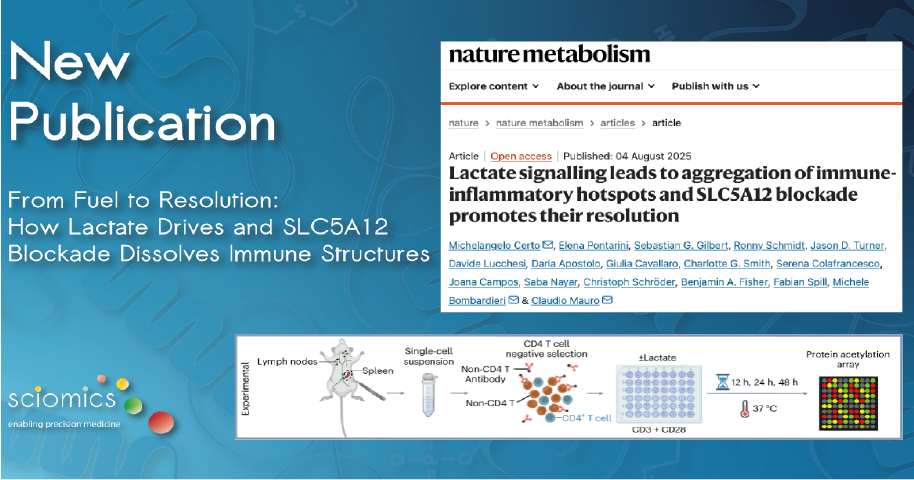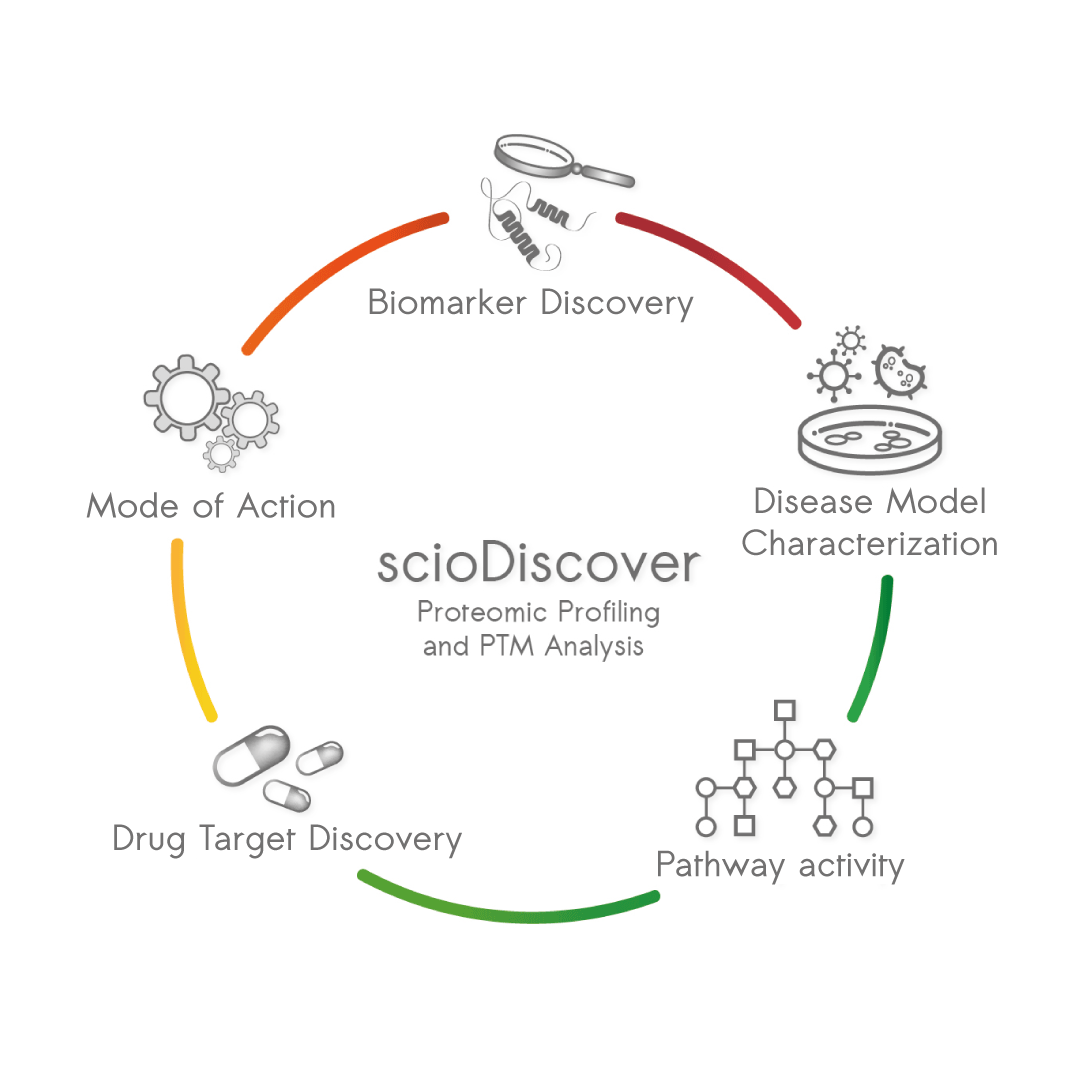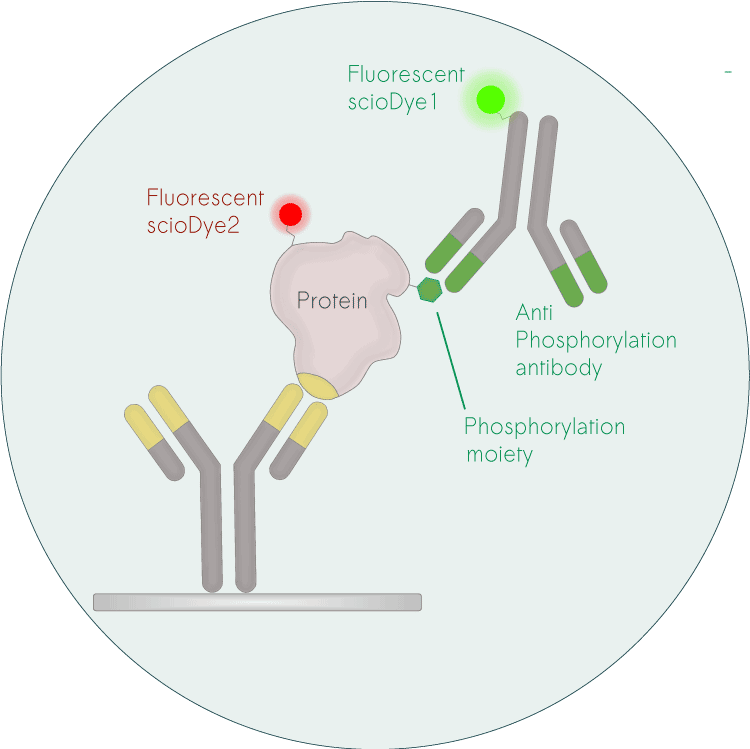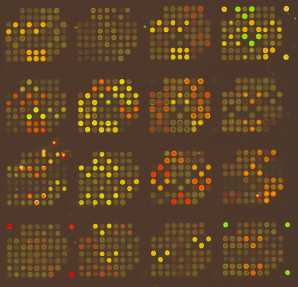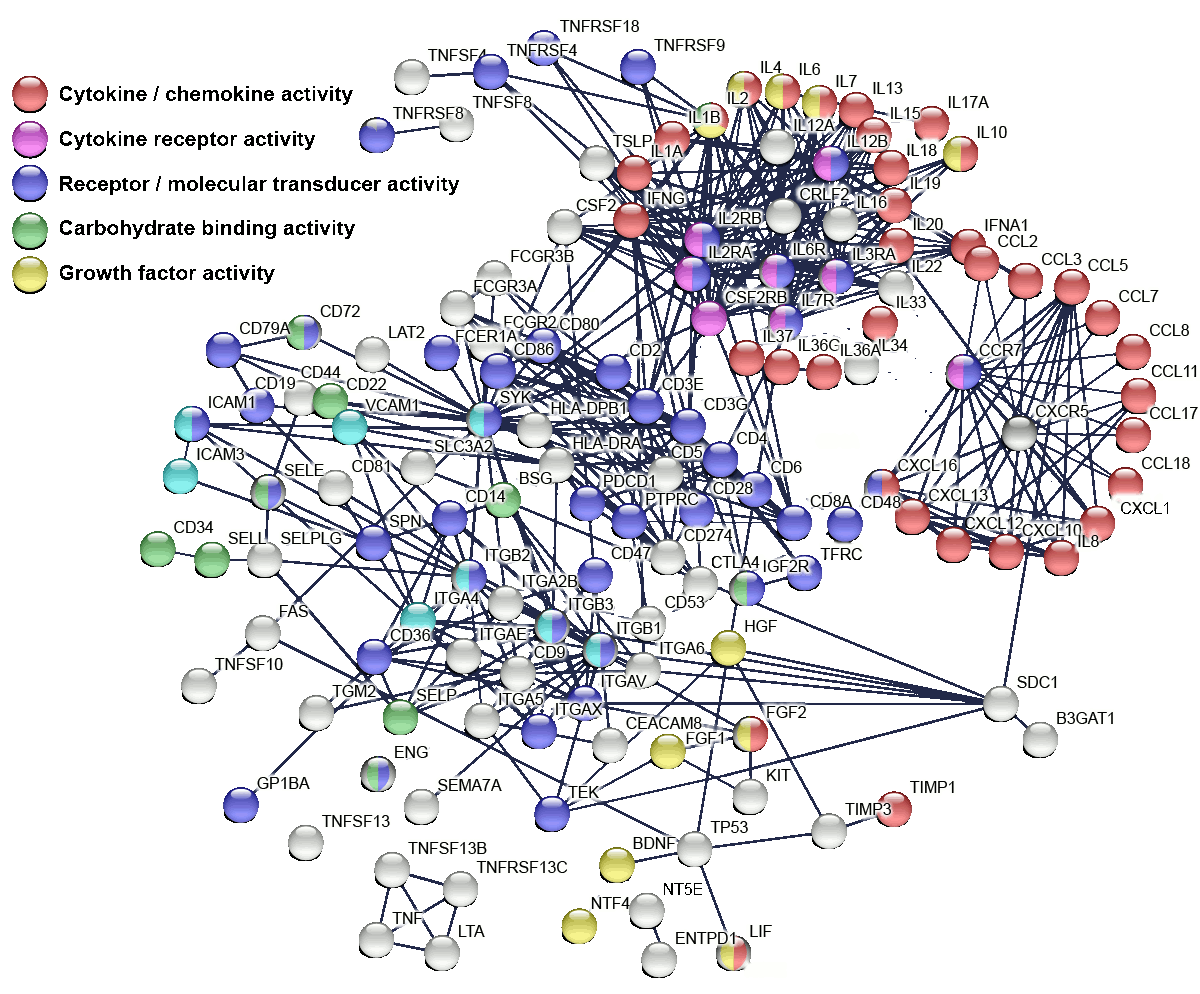| January 2018 | The multinational consortium MCDS-therapy has been granted 5.7 Million Euro by the European Commission for the development of novel therapeutic approaches in rare skeletal disorders. Sciomics' expertise with the antibody microarray technology herein serves as a valuable tool for biomarker identification and personalized treatment monitoring. > Press release
| January 2018 | Article on the StartUp Sciomics and our antibody microarray platform by our partner SCHOTT nexterion.
In the study more than 100 biomarker candidates were identified for a prognosis of recurrence in non-muscle invasive bladder cancer. A multivariate classifier was constructed that is based on the expression variation of 20 proteins and facilitates the prediction of recurrence with a sensitivity of 80% at a specificity of 100%.
Further informations:
- Current press release of the German Cancer Research Center
- Peer-reviewed reserach article
- Case study report - Identification of protein biomarkers for a prognosis of recurrence in bladder cancer
- Protein Biomarker Discovery Service
